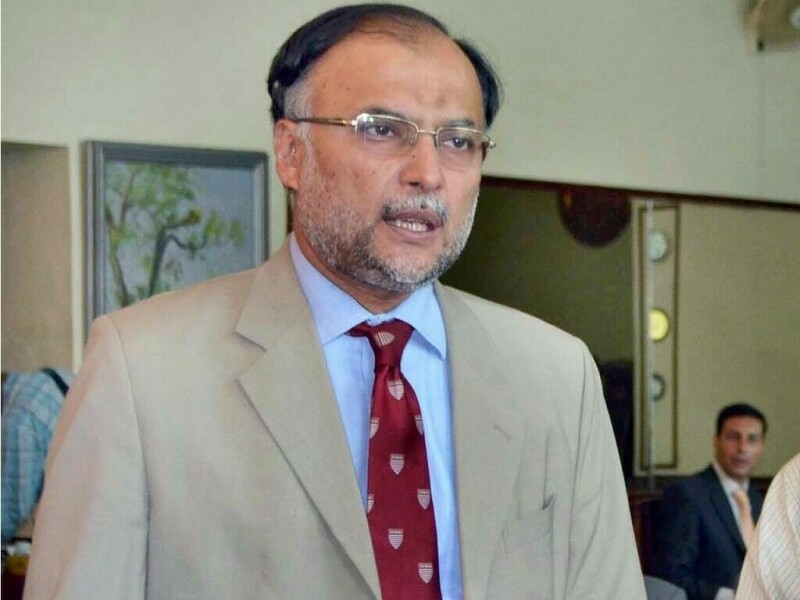KARACHI: Federal Minister for Planning, Development & Special Initiatives Ahsan Iqbal, while underscoring the importance of sustainable export-led economic growth, stated that while rapid growth is achievable through short-term measures, such an approach would ultimately lead to economic instability due to excessive imports and limited foreign exchange reserves.
“We can take immediate steps to accelerate economic growth, but such growth would be short-lived and unsustainable, leading to a boom-and-bust cycle. Instead, we must pursue long-term, sustainable growth that is export-driven,” said the Minister. “If we want to ensure lasting progress, our growth must be anchored in exports, so it is not artificial and prone to crashing.”
Speaking at a meeting of Karachi Chamber of Commerce and Industry (KCCI), Ahsan Iqbal emphasised the need to build robust foreign exchange reserves to secure Pakistan’s future and self-sustainability. “In my view, the true VIP is someone who earns valuable foreign exchange for the country through exports,” he added. “Not only leading industrialists, but also small and medium enterprises and even women working from home must explore opportunities in export marketing.”
Highlighting the need for transformation, he said, “Every sector must shift its focus to exports. Businessmen should not limit themselves to the domestic market but should actively pursue global opportunities. We must transform Pakistan into an exporting nation.”
Calling upon KCCI to become a key partner in the government’s Uraan Pakistan initiative, Ahsan Iqbal remarked, “Without KCCI’s active involvement as a co-pilot, Uraan Pakistan cannot succeed. We must ensure that this initiative takes off and sustains momentum, unlike many past efforts that crashed over time.”
While highlighting peace, stability, continuity of policies, and reforms as four essential pillars for national success, he cited countries such as India, Bangladesh, Indonesia, Turkey, Japan, and South Korea that have adopted these principles to great effect. “Unfortunately, Pakistan has struggled to implement these pillars consistently. It’s time we commit ourselves as a nation to safeguarding them for economic progress.”
In this context, he proposed the establishment of a Karachi Export Compliance and Innovation Cell under KCCI to support exporters with certification processes, governance compliance, digital customs & trade facilitation training, and a helpdesk to navigate non-tariff barriers in EU, GCC, and ASEAN markets.
Chairman BMG Zubair Motiwala, while expressing serious concerns over the lack of implementation of the government’s Uraan Pakistan initiative, stated that although the mission statement and the 5Es introduced under the initiative are commendable, the government has not been able to translate the vision into actionable results. “It has been quite some time since the Uraan Pakistan program was launched, yet it remains confined to papers only,” Motiwala stated. “Why is it not being implemented? Why are people not benefiting? And why is our industry not growing?”
Highlighting the initiative’s focus on enhancing exports, he questioned how the dream of significantly increasing Pakistan’s exports can be realised in the absence of concrete steps. “When will we achieve our export potential,” he asked.
President KCCI Jawed Bilwani, while warmly welcoming the Planning Minister, urged the government to take immediate and concrete steps to resolve the numerous issues facing Karachi’s business and industrial community.
He emphasised that despite persistent challenges, Karachi continues to make a significant contribution to the country’s economy, accounting for 54% of Pakistan’s total exports and contributing 67% to the national exchequer. “These figures highlight the resilience of Karachi’s business community, but also underscore the urgent need for government support and facilitation,” he noted.
Copyright Business Recorder, 2025


